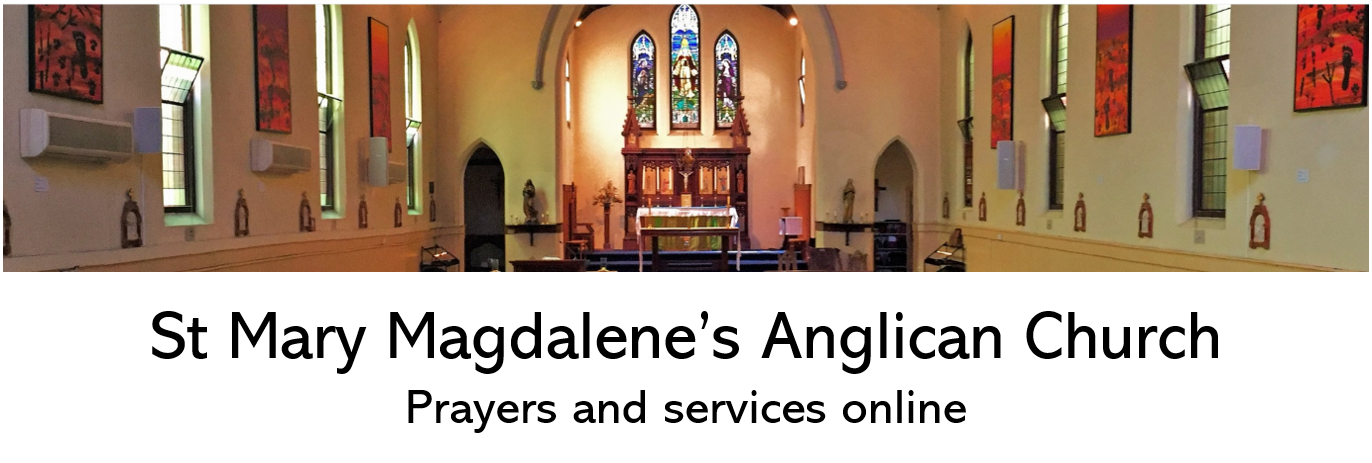Hope is rooted in the past but believes in the future.
Hope lies in the memory of God’s previous goodness to us in a world that is both bountiful and harsh.
Joan Chittister
Memory [is] not just a storehouse of the past, but also a warehouse in the present containing the building blocks of the future.
Denise lnge

Chitister also says that despair is not about losing faith so much as memory”. Hope is “the ability to remember [our past] with new understanding.”
______________________________
Is remembering important to you?
___________________________
What do you (choose to) forget?
__________________________
What are some of the ways you could nurture your memory?
___________________________
It is critical what we remember.
We can only find our hope again if we resolve never to forget.
Jurgen Moltmann

Hope, not optimism
All is well. Not by facile optimism, not in blinkered evasions, but in the richest and most active dimension of our humanity.
Dennis Potter
[Hope] is not the conviction that something will turn out well, but the certainty that something makes sense regardless of how it turns out
Vaclav Havel
Optimism may simply be a sunny disposition, thinking things will get better. It is not necessarily based in reality. It may be completely illusory, a way of blinding us to what is going on. It is based on how things turn out. It evades what’s real. It is useless in the face of despair. “Hope is the faith that, together, we can make things better.” (Jonathan Sacks)
_________________________

Why do you choose optimism?
_____________________________
When you do, what do you have to ignore, repress?
____________________
What’s it like, and what does it cost to keep in view “things as they really are”?
_________________________________
Optimism cannot bear the full weight of what is asked of us. Hope is a real alternative. It touches the transcendent in us, and speaks of the “more than”, the “beyond” which is part of being human.
“Even if I lose everything…“
That’s what Arvo Pärt wrote in his workbook which is a kind of diary. For decades in the course of writing music he has filled the workbooks with contemplations expressing his moments of grief and joy, his discoveries, worries and experiences, things that bring to light the inner life of the artist.
In our film, Arvo Pärt studies his workbook notes … We’ll see a person in search of his path and we’ll understand that the path is a narrow one.
“Even if I lose everything” is one of his notes. What does he mean with that?
Is this “everything” something that has no value for him anymore?
Is he saying that there is something special, a treasure that one could give up “everything” for?
What kind of treasure is it?
That is what our film is telling about.
Dorian Supin, Director
For a printable PDF of the text of this meditation click on the link below.




